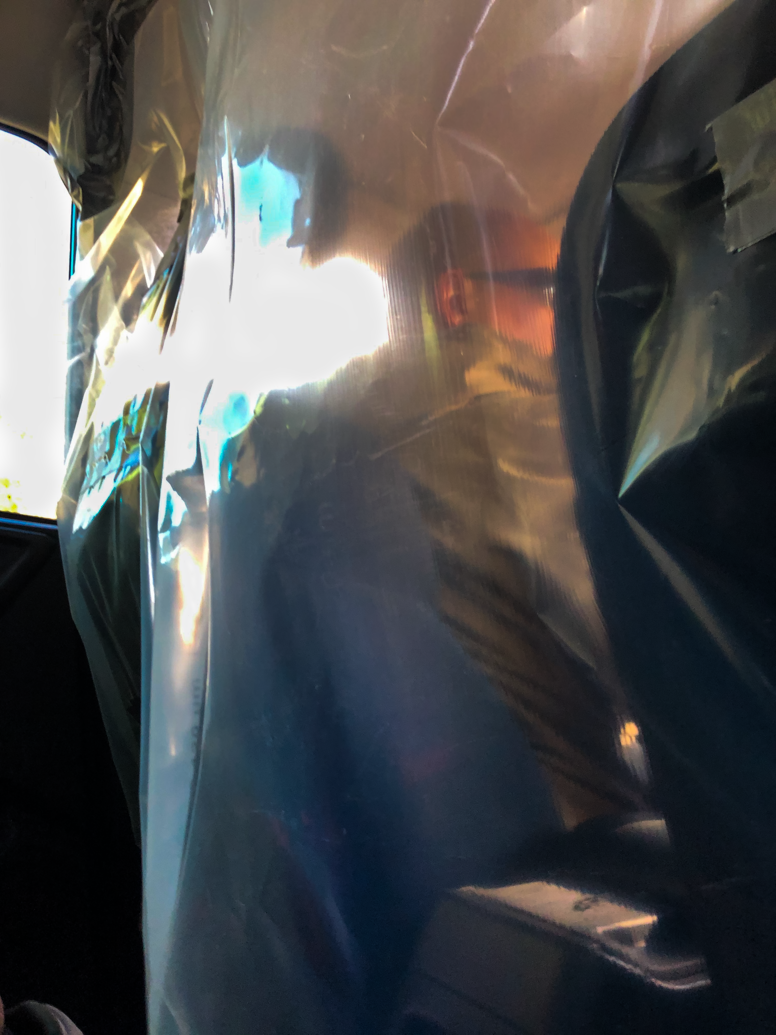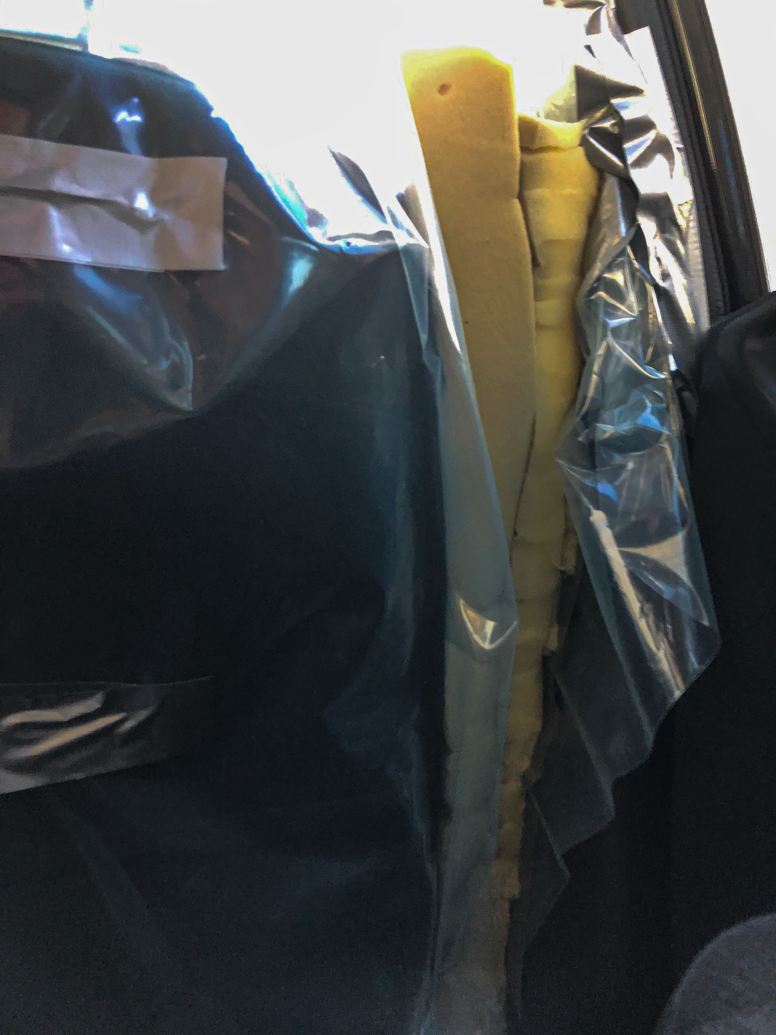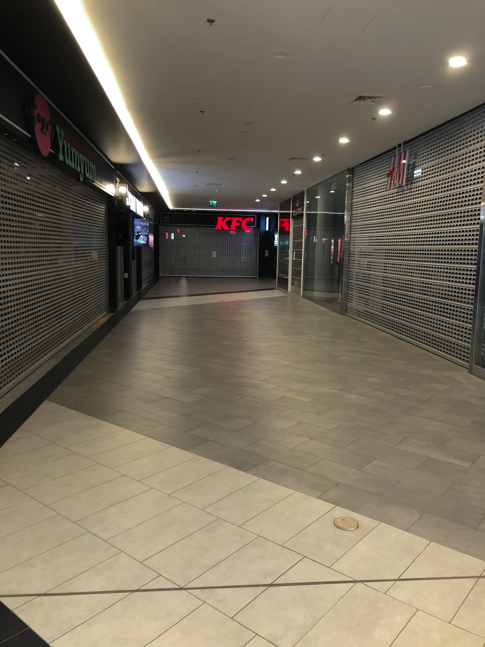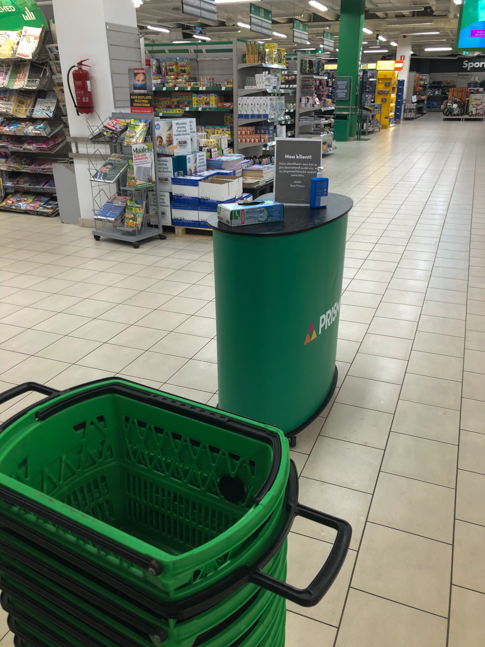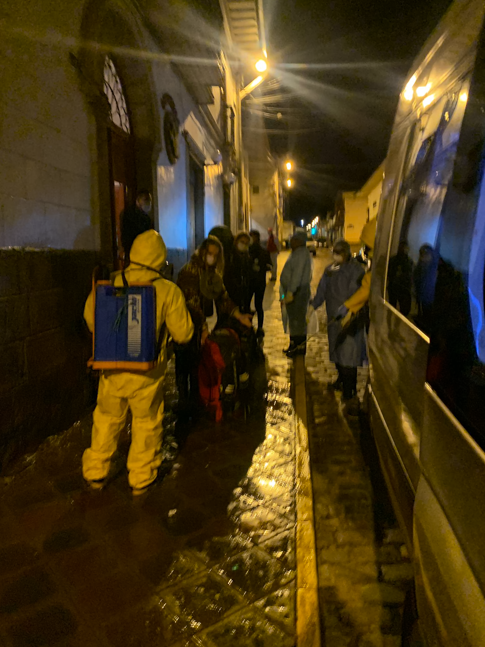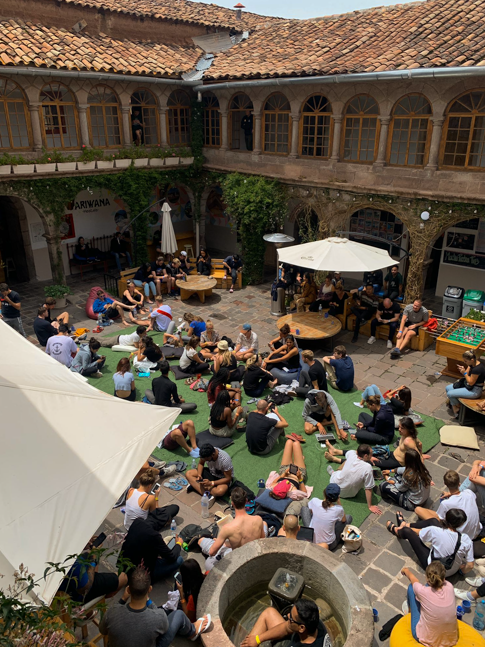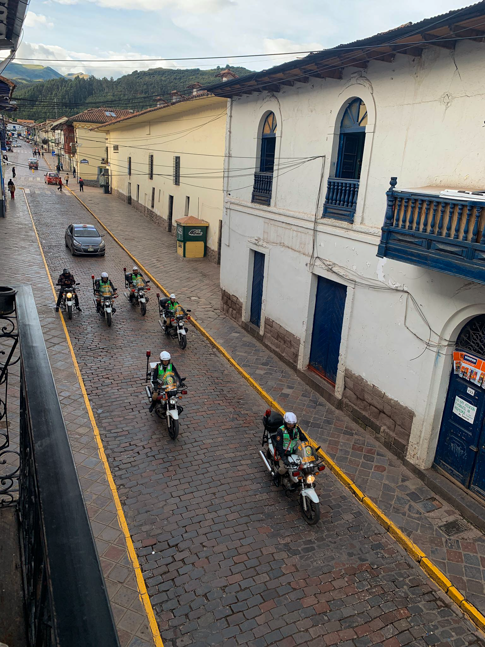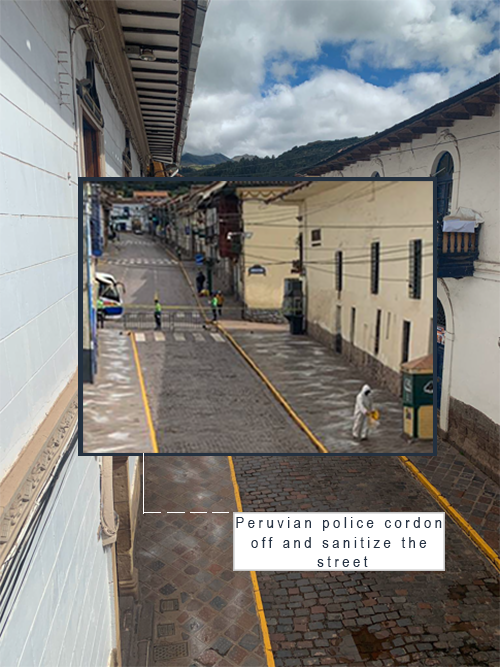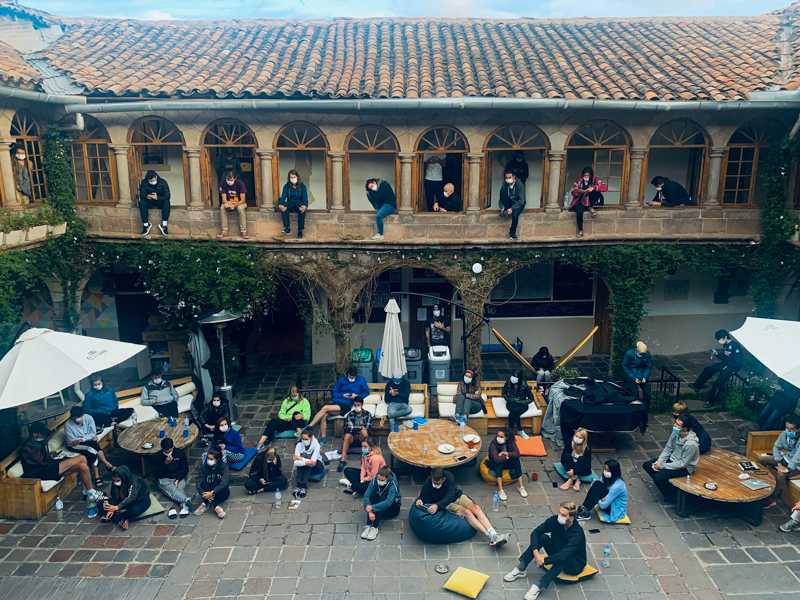
A key part of the Canadian government’s Covid-19 Pandemic response has been the repatriation of citizens who are abroad.
The Prime Minister said last week during weekend press conferences that the government is organizing flights with commercial airlines to bring home Canadians from countries all over the world.
Airlines working with the government include, Air Canada, WestJet, Air Transat and others.
A 2011 census found that roughly nine per cent of the Canadian population lives abroad.
The government is making strides in its efforts and has been commissioning many international flights a day. However, for various reasons, some travellers are staying behind.
“It’s not that tough being away from home because I live in Estonia now,” says Miguel Del Castillo, a 23-year-old Canadian film student. “I do worry for all my friends and family back home and it kind of seems like [Covid-19’s] not being taken seriously enough here. I still feel like I see too many people when I go grocery shopping.”
Del Castillo recently moved to Estonia to study and has no immediate plans to return to Canada. The northern Baltic country has not been hit too hard by the pandemic yet and only has four deaths so far.
That said, Estonia is beginning to institute strict self-isolation guidelines. Del Castillo acknowledges that his window to return might be closing soon.
“The [Estonian] government did send emails saying that we shouldn’t be out in groups of more than two,” he says. “This does all make me worried because I planned on visiting in late June but now, I’m not sure if I will be able to.”
The Canadian government has been issuing calls for citizens to return home for weeks.
In the past 24 hours alone, Canadian embassies have announced flights home from five countries on four continents. Additionally, the new Covid-19 Emergency Loan Program offers $5,000 in order to cover the immediate travel expenses of Canadians who’ve been affected by the pandemic.
Even with these accommodations, travelling internationally at the moment can be challenging.
D’Arcy Bradley is a schoolteacher from Waterloo, Ontario who is currently travelling in Egypt. His father had been travelling with him up until two weeks ago.
“My dad was lucky in that the flight he’d booked home months ago happened to literally be the last flight back to Canada,” D’Arcy says. “The announcement that the border was being shut off occurred a couple days before he left, and he was preparing for the possibility of a long stay in Egypt if things changed.”
When return flights arrive in Canada, passengers are required to self-isolate for 14 days and observe country-wide rules of hygiene and social distancing. Bradley’s father is just now coming to the end of his own self-isolation period in Burlington, Ontario.
Bradley says he has no immediate plans to return to Canada. He says Egypt has issued a curfew that begins at 7:00 pm.
“The entire country has gradually shut down like North America, but nowhere near as fast or to the same extent,” he says.
“Even though there has been criticism towards the Egyptian government about a lack of transparency, they have done a good job of maintaining calm,” he adds. “Egypt doesn’t have the same level of infrastructure and social programs that Canada does, and if the economy was to be hit significantly, I would be worried how people might react in an extreme scenario.”
Some travellers are already facing a difficult time in the foreign countries that they’ve been visiting.
Josua is a Swiss backpacker who has been staying at the Parawina Hostel in Cusco, Peru since March. He prefers his last name not to be used due to the stigma that being associated with Covid-19 can have at home and abroad. He and the others staying at the hostel are forbidden to leave over fears that they have been exposed to Coronavirus.
As Covid-19 spread into the Americas, Peru began to take steps to protect itself. It shut its borders on March 16. Since then, there have been flights arranged back from Peru by a variety of governments, but there have been none for the travellers at Parawina.
The hostel was placed under forced lockdown when a former guest tested positive for Covid-19.
“There was a Mexican traveller, he was taken home by the government. When he arrived in Mexico, he got tested for Coronavirus, so he sent a message to the hostel and now it’s completely locked down,” says Josua.
“Not even the military is allowed to come in here anymore. No one.”
Josua says that there are a handful of Canadians among the other travellers who are stranded at the hostel with him. There are also people suffering from sickness: runny noses and coughs.
Josua and his friends were scheduled to travel back to Switzerland last week with their country’s “Get-Back Program” but were barred from flying once the hostel lockdown began.
Now they must stay in the country for two and a half more weeks. This could be extended to upwards of 35 days. Josua says any time a hostel resident tests positive, the lockdown extends another 14 days.
A flight of Canadians arrived back home from Lima, Peru late last night. Canadian Minister of Foreign Affairs, François-Philippe Champagne, said that more flights from other Peruvian cities will follow in the next few days, including from Cusco where Josua and the other travellers are stranded.
This offers little hope to those isolated at Parawina though, as they must continue to wait until the sickness at the hostel is gone. This is the fate potentially facing many travellers all over the world right now. As businesses shutter and borders close to combat the spread of Covid-19, many people may be living like castaways for the foreseeable future.
“This is the worst thing,” says Josua. “People’s noses are running, it’s so boring. It’s like prison.”

